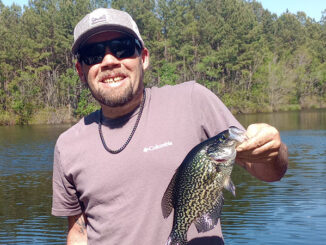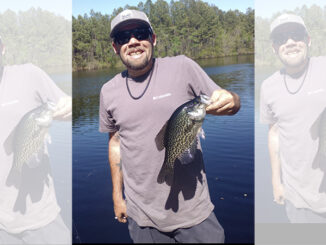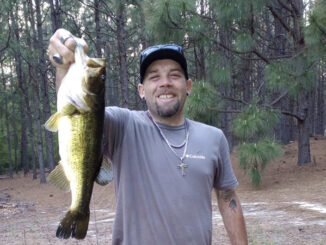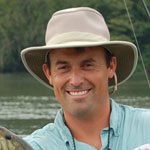
During the spring and early summer, dolphin migrate from Florida to the mid-Atlantic states. Typically, they travel along the edge of the Gulf Stream, they but will move into shallow water to recharge on the abundant baitfish. However, some of the places that hold bait may not be the best places for dolphin to visit or anglers in search for them.
Dolphin have voracious appetites. In a single day, one will consume between five and 10 percent of its body weight to maintain and fuel their growth rate. Any feature that will concentrate baitfish in a certain area is a good place to find dolphin.
The waters off South Carolina’s coastline is littered with structure, including both natural and artificial habitats that attract and harbor large schools of bait throughout the year. According to S.C. Department of Natural Resources, only five to 10 percent of the sea floor along the continental shelf is geologically-suitable for reef formation.
The state’s artificial reef program supports 38 sites from inshore to 35 miles offshore and in waters as deep as 110 feet. Reefs offshore of Charleston, such as: the Commanche Reef, Y-73 Reef and the Edisto Offshore Reef are located along the outer extent of SCDNR’s coverage area and appear to provide ideal conditions for dolphin in summer. However, these reefs fill up with other predators, discouraging dolphin from making an appearance.
Anglers looking for a box full of dolphin should avoid artificial reefs and shipwrecks. They should key on weed lines and temperature breaks miles away from any artificial or large natural reef structure. The weed lines will provide dolphin with both a food source and a place to hide out from any of the toothy predators lurking in the open ocean.





Be the first to comment